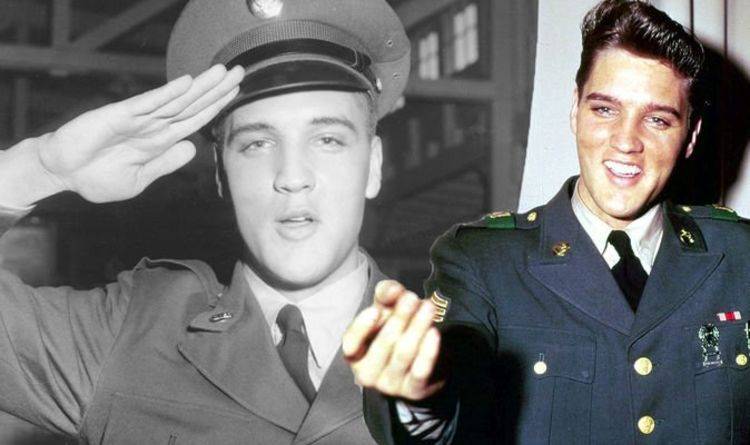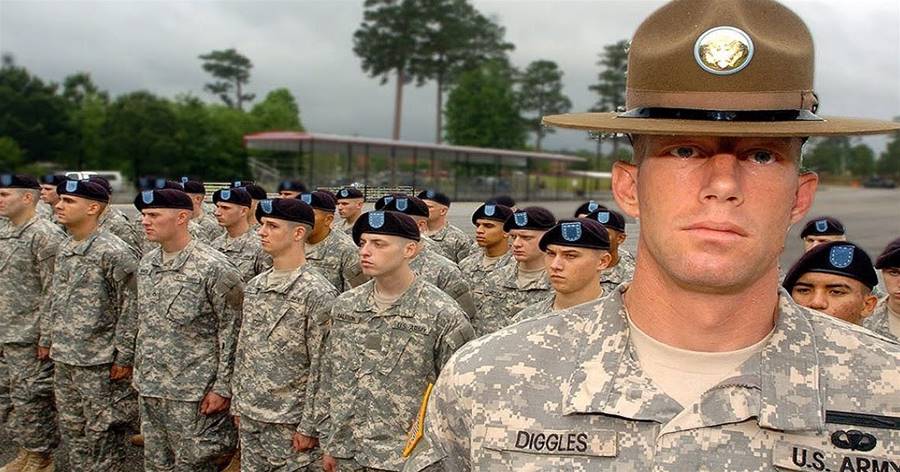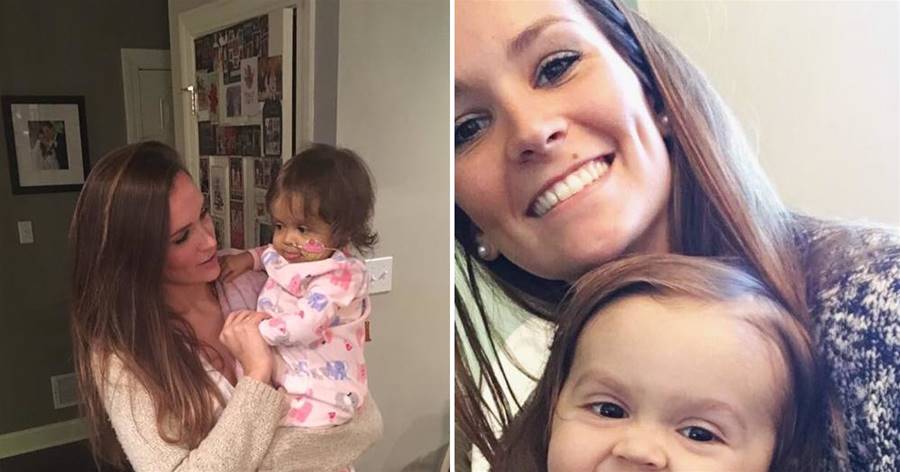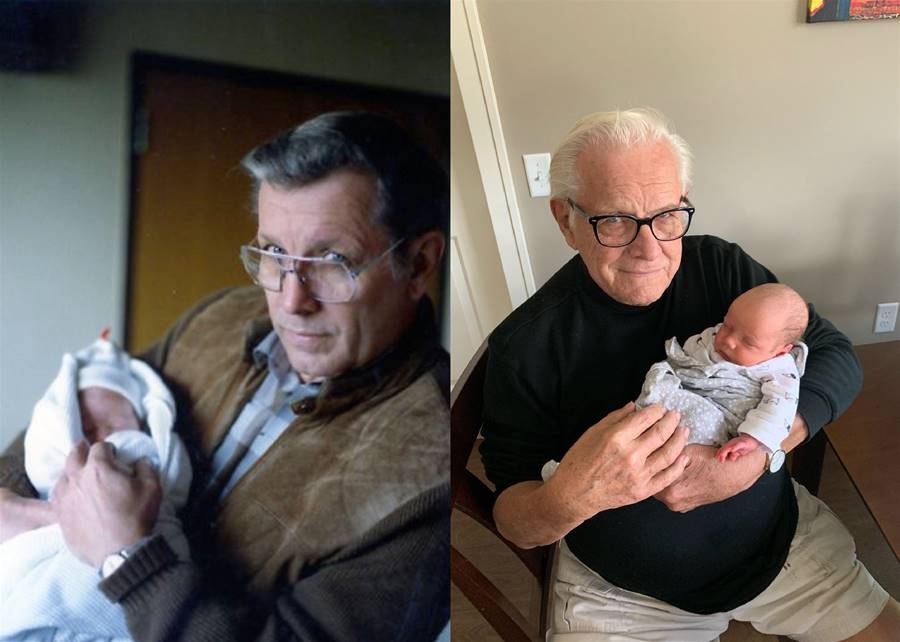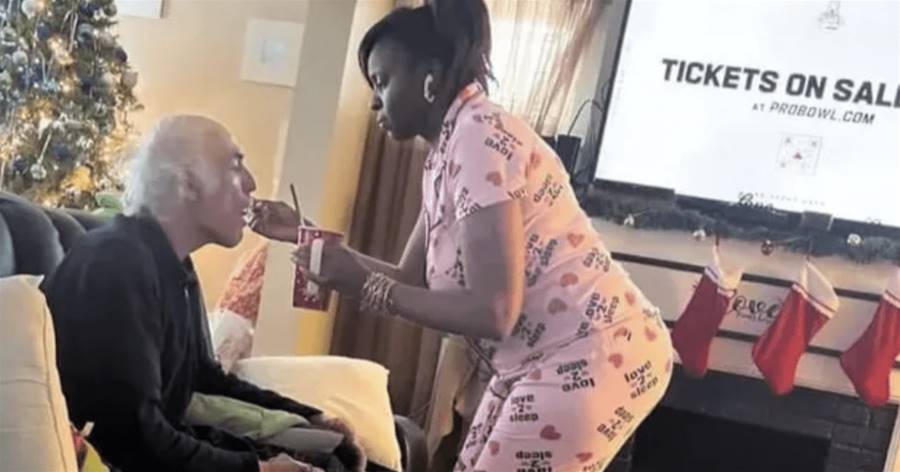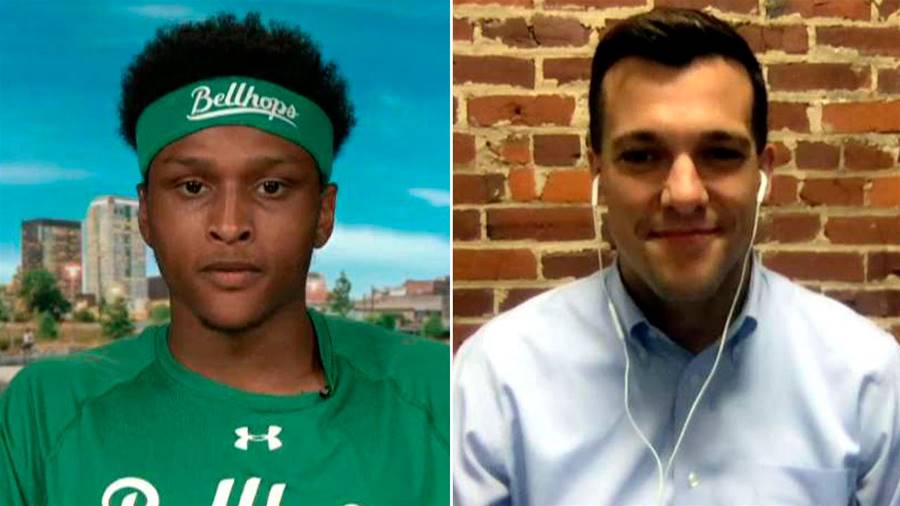
Kris Kristofferson has been writing great songs for decades. One of my favorites, “Wild American”, has a line in it that I’ve been thinking about lately. It’s this: “heroes happen when you need ‘em.” For these days I wonder, do they?
Heroism is, of course, found the world over, wherever our military engages to defend freedom. It’s visible throughout our homeland, when firemen and policemen put their own safety second to ours. But those are life’s big moments. Where is heroism in the quiet little moments that make up everyday life?
This is what I’ve been wondering - do heroes really happen when we need them - because our country could use a few right now.
As anyone can see, our national mood is foul and our discourse is strident. We seem to have less time for a neighbor – especially one of a different political persuasion - and have forgotten how to disagree without being disagreeable.
There is a growing distance between us as countrymen.
Enter Walter Carr, the Birmingham, . Carr is the young man who walked twenty miles through the night when his car broke down, rather than miss his first day of work.
We’ve all heard the hardscrabble tale from a relative who trudged miles through the snow, shoeless and somehow uphill both ways, to get to and from school.
Someday when Carr tells his story to his grandchildren, he’ll actually be telling the truth.
It gets better. Carr wasn’t showing up at some cushy internship. It was his first day on the job at a moving company. This is work that you shower after, not before. It certainly is not the kind of labor you undertake on a bad night’s sleep, let alone no sleep at all after marching a near-marathon. Yet that’s exactly what Carr did.
With the help of concerned police officers who picked up Carr on his pre-dawn trek, fed him breakfast and took him to his destination, the young man actually beat his crew to the jobsite.
Once the family to be moved learned what this spectacular young man had done on their behalf, they offered him their guest room, so he could rest until the remaining crew arrived. Carr refused the gesture, and instead started working.
The young man wants to be a United States Marine. , for already he seems to run to the sound of guns. I don’t know about you, but I sleep better knowing a man of this toughness and character might soon be keeping watch over my family and me.
Carr’s grit is obvious enough, but legendary UCLA basketball coach John Wooden said the true test of a man’s character is what he does when no one is watching.
Surely a young man who sets out alone to walk 20 miles through the night, just to be at work on time is, quite literally, choosing the hard path when nobody is watching.
But here’s the beautiful part. I bet this young man has no idea just how many lives he’s touched. Sure, Carr saw the moving company’s CEO give him a car – that is to say, his boss’s very own vehicle - in a gesture that was pure class. He saw how he warmed the heart of the family that he moved. But I bet Carr has no idea how many other Americans were affected by his story.
Here I am, a middle aged guy who probably would have checked into a Hampton Inn before mile one, marveling at this young man’s fine example.
Carr has taught me something rather useful in our angry age.
St. Thomas More said that times are never so bad but that a good man can live in them. I know this is true, but knowing is a head-thing. Doing something about it is a heart-thing. If the book were written on me today, it might say something like “you knew a fair amount, but what did you do with it?”
Carr’s decision was all heart, all action. He saw the problem – the space between where he was and where he needed to be – and he closed the distance.
So what can we Americans do, what can I do? Simple – close the distance. Make the first step toward common ground with someone where it doesn’t presently exist.
If you want to see more goodness around you, create more goodness around you. It will not be less beautiful to behold because you did it. It will be more so.
It doesn’t have to be a big thing. If like me you’ll be new at this, perhaps starting small is a good idea. Say, a discussion over coffee with someone who doesn’t think “Rudy” is the greatest movie ever made, or disagrees that there is spiritual depth in the lyrics of 38 Special songs. I know what you’re thinking: Where will I find such a person?
Overcoming enmity is possible. Scripture tells us “the wolf also shall dwell with the lamb, the leopard shall lie down with the young goat, the calf and the young lion and the fatling together; and a little child shall lead them.
” Perhaps this is such a moment.
Mr. Carr, by closing the distance you gave a weary country inspiration when we needed it most. You showed the promise of an undaunted human spirit that lives in all of us.
I hope you stay on the narrow path you’ve chosen. You seem like the type who will. But come what may, know that you didn’t just move a family last week. You moved a country.
Kris Kristofferson was right. Heroes really do happen when you need them.
Well done, Walter Carr.


